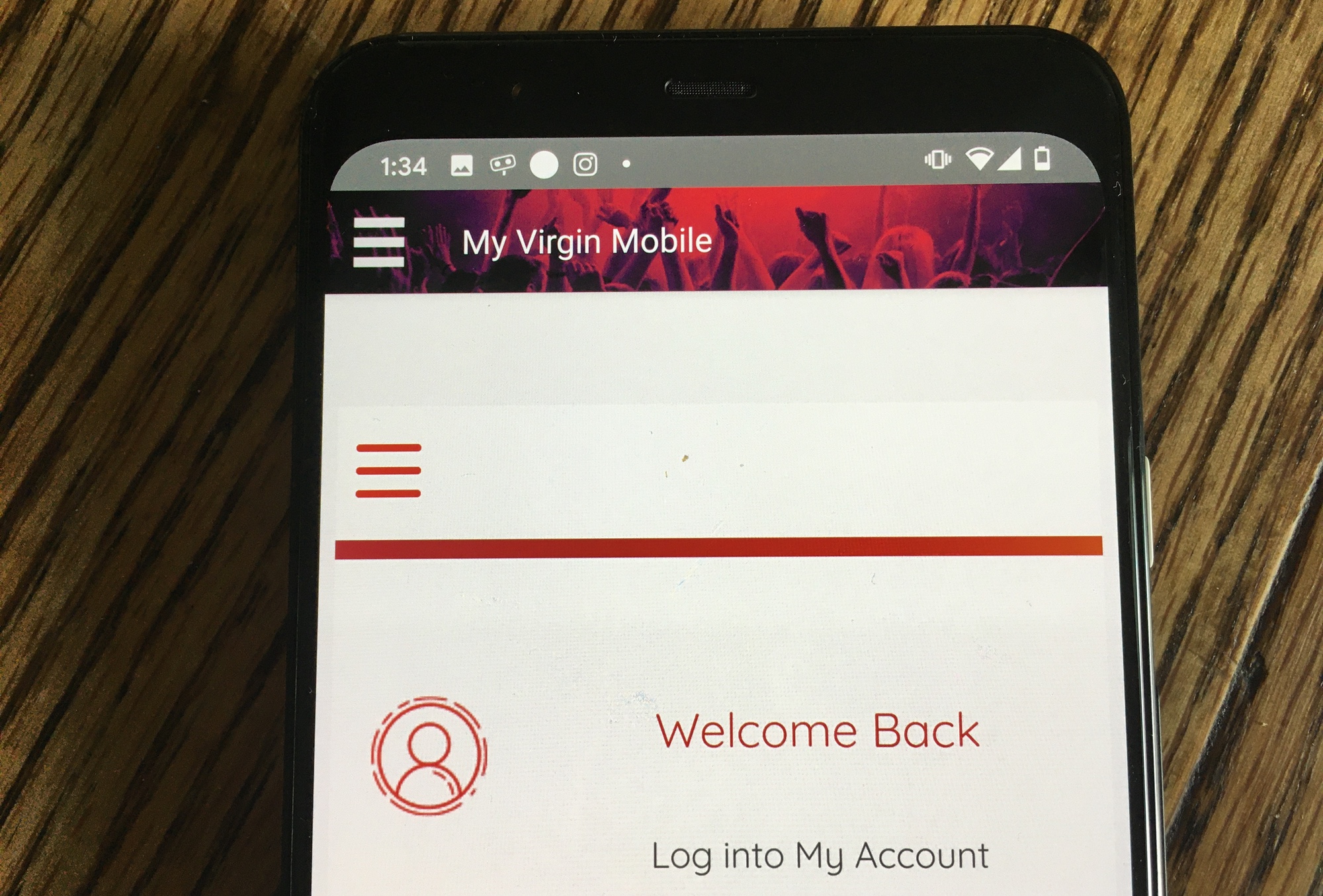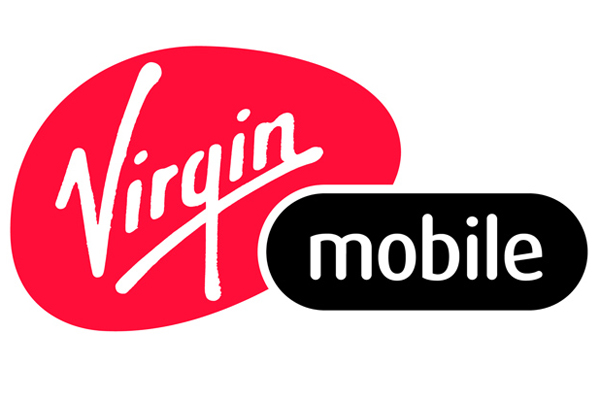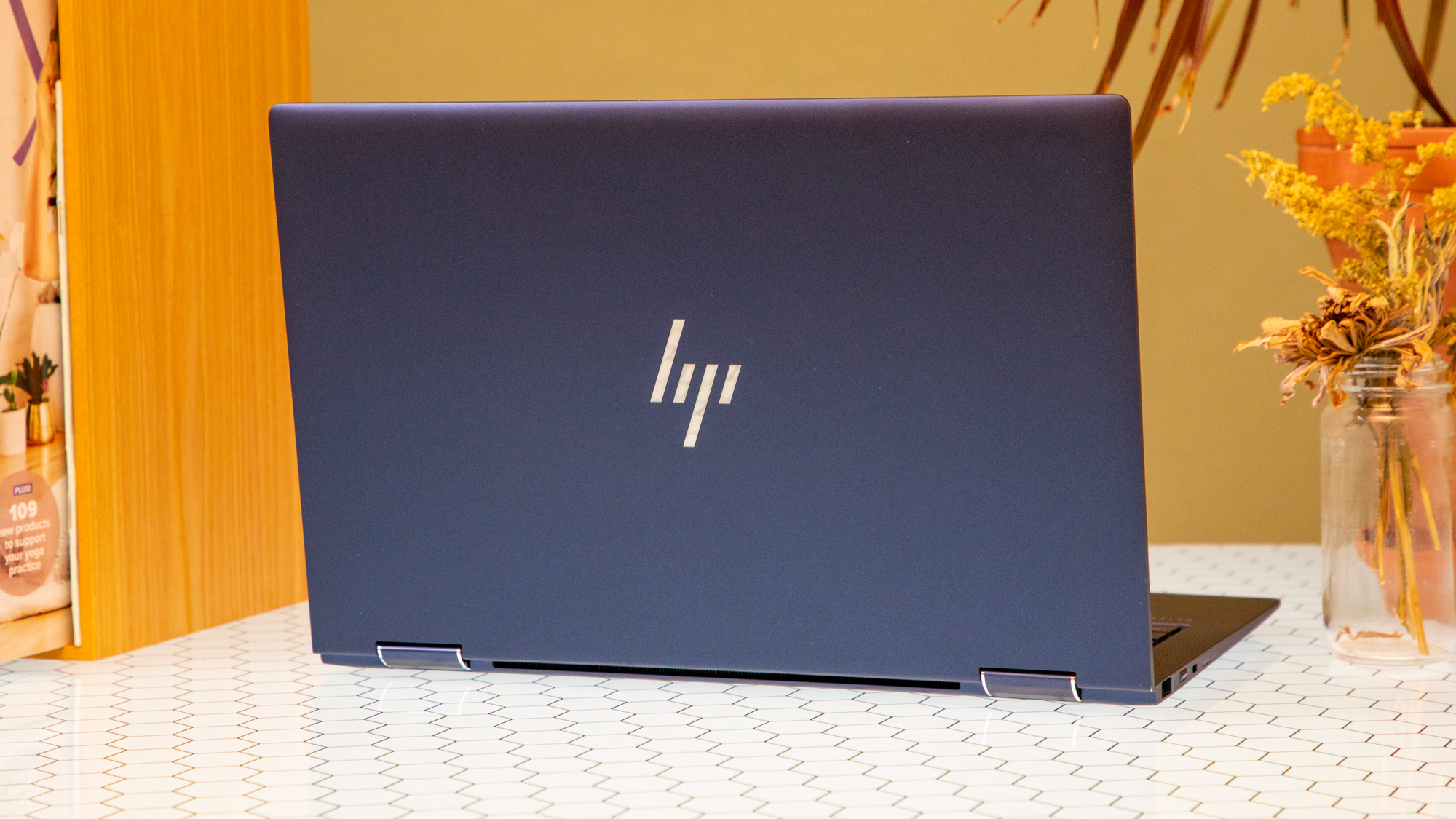Virgin Mobile shuts down next month: What this means for you
Existing Virgin customers are being moved to Boost

Customers of Virgin Mobile in the U.S. are about to get their wireless phone service from a new carrier.
Sprint, which owns and operates Virgin Mobile, has posted a note on the Virgin website alerting customers that it is shutting down the discount wireless service. Some Virgin customers may have already gotten the news via text message.
In February, Virgin Mobile shuts down, and existing customers will be transferred over to Boost Mobile, another discount carrier that Sprint owns and operates — at least for the moment.
The end of Virgin Mobile in the U.S. — wireless carriers operating under the Virgin name in other parts of the world are alive and well — shouldn't come as a surprise. Apart from an abortive attempt to rebrand itself as an iPhone-only carrier a few years ago, Virgin hasn't been firing on all cylinders for a while now.
Sprint is also trying to merge with T-Mobile — the deal is waiting on the resolution of a court case brought by several state attorneys general looking to block the merger — and one of the conditions for regulatory approval was for Sprint to sell off its discount brands to Dish Network. That's easier to do when there's just Boost Mobile to spin off.
What happens to current Virgin Mobile customers
While Virgin's shutdown may make sense from a business perspective, that will likely be of small comfort to Virgin customers wondering what becomes of their monthly data plans.
The FAQ on the Virgin shutdown tells those Virgin subscribers that their account "will be transferred to Boost Mobile with your device, and a comparable or better Boost Mobile service plan at no extra cost to you."
Sign up to get the BEST of Tom's Guide direct to your inbox.
Get instant access to breaking news, the hottest reviews, great deals and helpful tips.

Virgin currently offers three data plans: a 5GB plan for $35 a month, a 10GB plan for $45 a month and an unlimited data plan for $60 a month.
Unlimited-data users will probably like what they see from Boost's current data plans, where unlimited data starts at $50 a month and includes 12GB of hotspot data, a six-month subscription to the Tidal streaming service and standard-definition-streaming limits on music, games and movies that Virgin customers already faced.
It's in the tiered data plans where displaced Virgin customers might have a beef. Boost offers only one tiered data plan, a $35-a-month plan that includes just 3GB of LTE data. That's 2GB short of what Virgin customers paid for that carrier's cheapest plan.
MORE: Best prepaid wireless plans
Virgin customers who switch over to Boost can find some consolation in the fact that Boost's rates include taxes and fees, something that didn't happen at Virgin.
However, Virgin customers will have to make a few other adjustments if they go along with the transfer to Boost. PayPal isn't a payment option at Boost like it was at Virgin, so customers who set up automatic payments with PayPal will have to change that a few days before their accounts are moved over. Boost also doesn't offer 45- and 90-day top-up payment options like Virgin did.
Virgin customers will get to keep their phone number, and their payment date will likely remain the same unless they make changes to their plan.
Another option for displaced Virgin customers will be to find another carrier altogether. A number of discount wireless carriers offer cheap monthly plans, with more data for less money than what you'd pay at Boost.
Low-cost carriers that use Sprint's network include Google Fi and Republic Wireless, which charge $10 and $5 per gigabyte of data, respectively. (That's on top of the regular monthly fee you pay for talk and text — $25 at Google Fi, $15 at Republic). Tello, TextNow and Ting all use Sprint's network, too, with both Tello and TextNow offering at least 5GB of data for less than $30 a month.
Philip Michaels is a Managing Editor at Tom's Guide. He's been covering personal technology since 1999 and was in the building when Steve Jobs showed off the iPhone for the first time. He's been evaluating smartphones since that first iPhone debuted in 2007, and he's been following phone carriers and smartphone plans since 2015. He has strong opinions about Apple, the Oakland Athletics, old movies and proper butchery techniques. Follow him at @PhilipMichaels.

